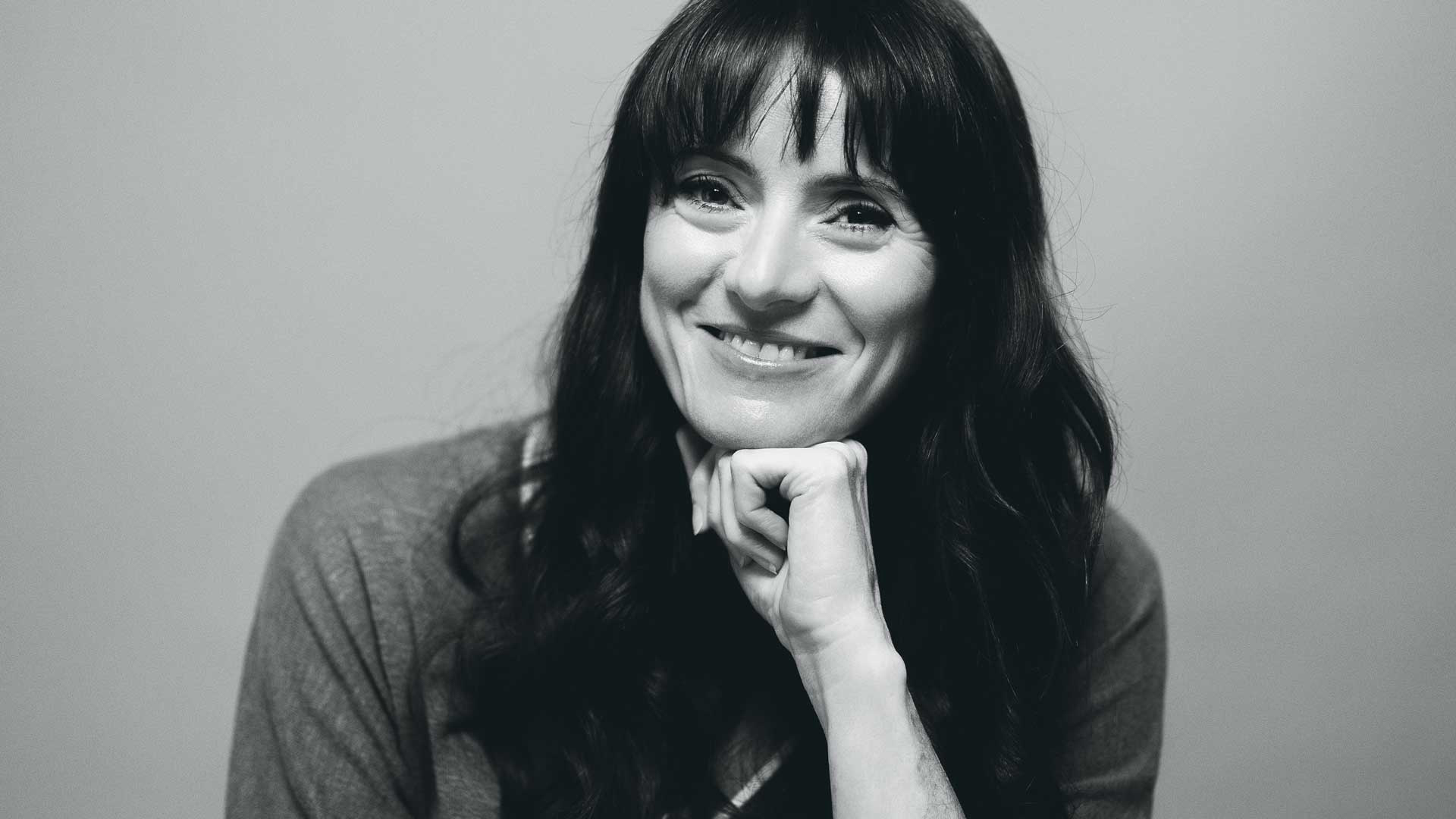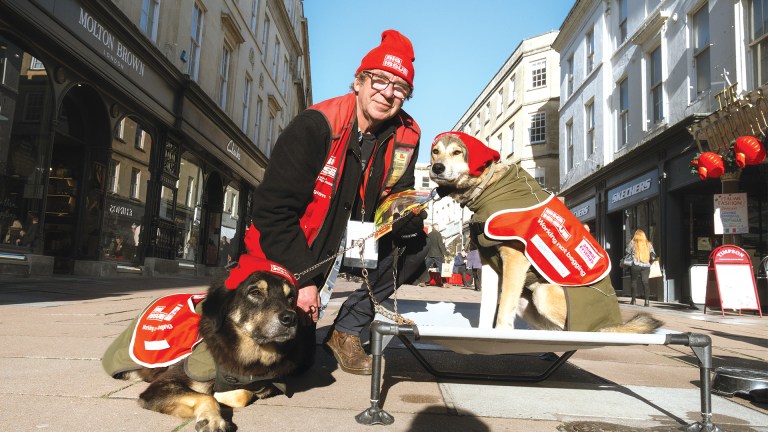I was born in Oldham General Hospital. That’s not big news, but few people know it was where the first IVF baby was born: Louise Joy Brown. Now that is big news. After I’d struggled to have a child and embarked on my own relentless, often hellish, IVF journey Oldham came back into my life. My husband Jack [Thorne, playwright and scriptwriter] asked if I’d get involved in piecing together the story of Joy, drawing on our experience where necessary. It was then I found out about the remarkable story of Jean Purdy.
Without IVF I wouldn’t be mum to my lovely eight-year-old son Elliott. He’s one of the 12 million IVF babies born since the miracle of Louise paved the way. But so few of us know the history of how our IVF babies got here; the years of painstaking commitment by physiologist Bob Edwards, obstetrician and gynaecologist Patrick Steptoe and the lesser-known embryologist Purdy. The world was against them and their ‘unethical’ ways, but these three mavericks persevered to change the face of reproduction.
Get the latest news and insight into how the Big Issue magazine is made by signing up for the Inside Big Issue newsletter
Their peers slammed them. The press vilified them. The church condemned them. When Edwards was awarded the Nobel Prize for Medicine in 2010 the Roman Catholic Church denounced the accolade. DNA pioneer James Watson saw their work as too big a risk, and one doctor at the time described the possibility of a new horrifying “thalidomide catastrophe”. Only their relentless drive and ingenuity saw them crack it.
Decades later, fertility looms large in the conversation in the States. As women’s bodies and choices are debated I’d like to pause and rewind back to the moment fertilisation outside the fallopian tube became a reality. And remember the extraordinary Purdy. The deeper I dug the more I realised it was yet another case of a woman being almost airbrushed out of history. Edwards and Steptoe wanted her recognised for her extraordinary contribution. In Edwards’ words: “There were three original pioneers in IVF and not just two.” But being intensely shy and private Purdy stayed in the background. She was happy caring for patients and their embryos while Edwards and Steptoe were the outward face of the project engaging in press and publicity.

Of course men creating things and making history was de rigueur, but it was Purdy who not only spent hours supporting the brave women of the Ovum club, but was also the first person in the world to recognise and describe the formation of the human blastocyst. Louise Brown talks of her mum proudly describing Purdy as her first babysitter – keenly watching over the embryo growing through its different stages in the lab dish. Purdy developed systems and procedures that are now standard practice in IVF treatments.









